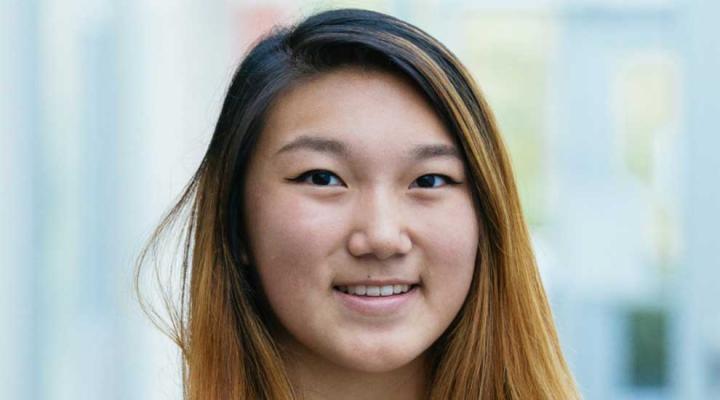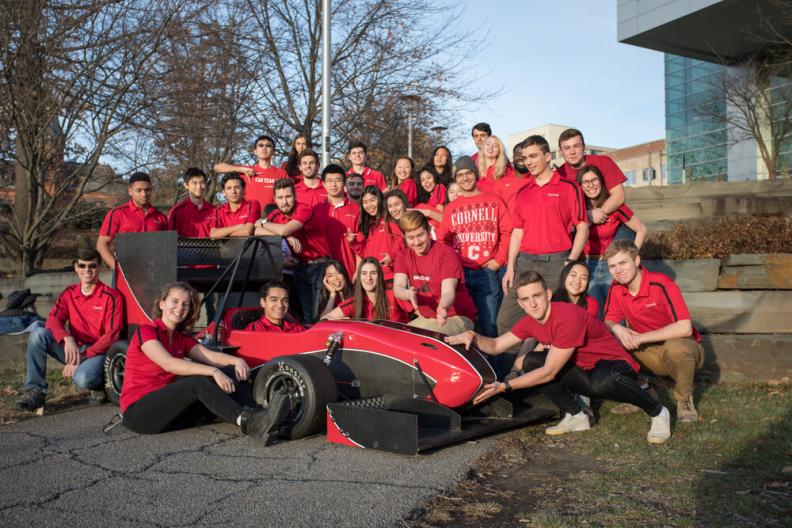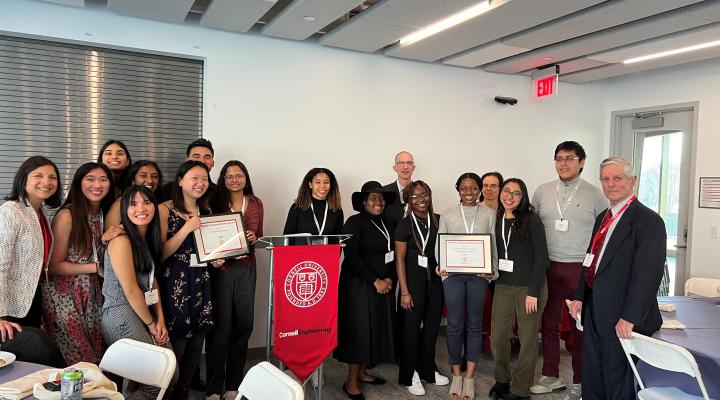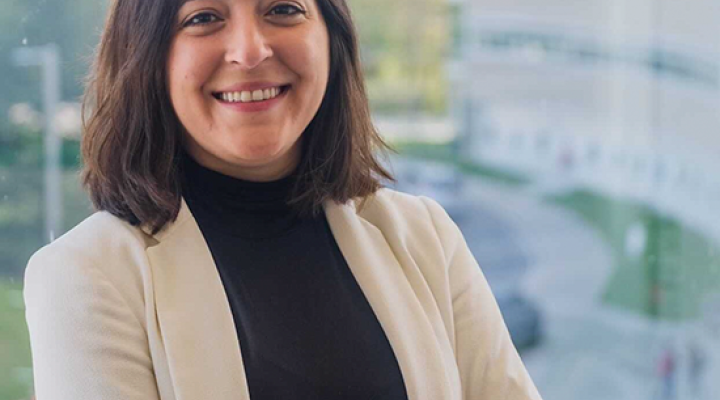By Chris Dawson
In mid-March, the world came to a screeching halt. At least, that’s what it felt like to members of the Student Project Teams at Cornell Engineering. Campus closed and in-person work was suddenly impossible due to the COVID-19 pandemic. Competitions that had been eagerly anticipated were canceled. For many of these team members an incredibly important part of their daily lives was suddenly gone. And it was gone with no real sense of when it might come back.
Lauren Stulgis, the Swanson Director of Student Project Teams, remembers those days in March. “As soon as the announcement was made that in-person campus activities would cease, the students flooded into the Experiential Learning Lab – ELL, our workspace in Upson Hall,” says Stulgis. “They spent long hours that afternoon and evening, and through the weekend, working to ensure that the space could be closed safely. They packed and cleaned and discharged batteries and emptied chemicals – none of them wanted staff to be left doing this on our own, and they wanted their teammates to be able to walk back into a clean and ready-to-go space when campus reopens. They cried and laughed and worked together in a way that I wish everyone could have seen in person.”
And then students dispersed, back to their hometowns or to their rented apartments in the Ithaca area. In those early days of the COVID-19 crisis there was no real sense of what would happen next for the teams.
Online instruction began and many teams saw the ready availability of virtual meeting spaces as a way to stay connected and support each other. Even without access to their race cars, autonomous subs, concrete canoes, and laboratories, most of the 29 project teams continued to hold weekly general meetings and sub-team meetings.
All told, there are roughly 1,200 Cornell students involved with the Student Project Teams. Many of these students are from the College of Engineering, but there are also students from all seven of Cornell’s other undergraduate colleges and schools. These students often find their participation on a Project Team to be the among the most meaningful things they do in their time at Cornell.
In addition to the personal satisfaction team members feel, many students also receive academic credit for their Project Team work. In order to earn that credit, they needed to stay actively engaged with their teammates, even if the actual project they were working on was locked away in Upson Hall. Teams got creative and many switched their focus from creating a product to passing on knowledge and honing skills that will be useful whenever they can get back to work.
Mechanical engineering major Joseph Benjamin ’20 was the 2019-20 team leader of Cornell Racing, which is Cornell’s Formula SAE team. In retrospect, Benjamin is able to see a silver lining to how things played out this spring. “After transitioning to virtual instruction we were able to hold meetings over Zoom, and we utilized this time by making preliminary plans for how the team would approach next year's timeline challenges and holding lectures,” says Benjamin. “Lectures focused on passing on knowledge to the newer members. This meant we discussed details of some of the complex systems on the car, those which had been in development for the last two years, such as the electrical and powertrain systems, teaching how to use data analysis programs, and suspension basics for a broader audience. This was good, as we had meant to hold lectures similar to this for some time, only we had never had the time due to being busy doing hands-on tasks.”
Biological sciences major Lucas Evans was the 2019-20 team lead for Cornell iGEM, a Project Team focused on synthetic biology research. Evans also saw a silver lining to the spring. “Personally, I learned how to more efficiently communicate through virtual methods such as Slack and Zoom meetings,” says Evans, referring to digital text and video conferencing platforms. “For the whole team, we actually anticipate that we'll save a lot of money this year, which is good in the face of the likelihood of receiving less funding from the university next year. The International Genetically Engineered Machine (iGEM) Giant Jamboree has been put into an online format, so we're able to conserve a lot of money by decreased cost of attending competition this year.”

Evans continues, “The transition to online learning may have been particularly challenging for project teams which rely on performing on-campus work and research, but I'm extremely proud of how my team handled the situation and got back up on their feet. Adaptability is very important; additionally, we were in contact with other iGEM teams and the iGEM Headquarters to discuss ways to change the 2020 season for the better.”
The necessity of this spring’s shift to virtual instruction and Project Team work caught everyone by surprise. It was not a situation anyone had practiced for. The stress and isolation of learning from home affected different students in different ways. It is hard to suddenly lose access to the friends and teammates you spend a fair chunk of your waking hours with.
iGEM’s Evans points out an important benefit Project Team meetings had for members: “We wanted every team member to prioritize health and safety over work. This leads into the next challenge: helping everybody stay motivated in the face of a public-health crisis and life situations that were very stressful for many. We hosted several virtual game nights to try to lighten the atmosphere on the team, in addition to addressing the situation in full and outlining clear ways to offer every team member a fair amount of work given their situation.”
Stulgis has been especially impressed by the leadership shown by Project Team leads. “The team leads have shined in their leadership roles; they have encouraged their teammates to continue working, while tempering the message with understanding. They have been incredibly caring and flexible with team members that have experienced life in quarantine, deaths, limited reliable internet, and global-time-zone challenges.”
Leading in a time of uncertainty and crisis is not easy, yet Stulgis saw example after example of students stepping up and doing so much more than simply making the best of a bad situation. “The team leads have tackled many of the same challenges that faculty have while dealing with their own reality of adjusting to virtual classes, missing their senior year achievements and milestones, being separated from friends and classmates, and losing end-of-year team activities,” says Stulgis. “They have grown as leaders and as champions for each other.”
It is still too early to know what Project Team work will look like in the 2020-21 academic year, but based on the experiences of the past five months it is a safe bet that Student Project Teams will continue to be a valuable and essential part of the undergraduate experience for many Cornell students.







